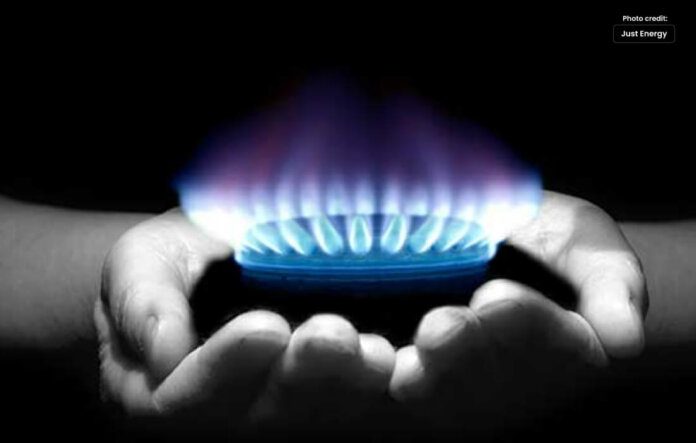Learn natural gas, a flexible fossil fuel used for energy generation.
Energy is a key factor in modern society’s advancement and growth. Natural gas is one of the key energy sources that has gained popularity. Understanding what is and how it affects our world is crucial due to its wide range of applications and environmental concerns.
What is Natural Gas?
Methane (CH4) makes up the majority of the hydrocarbon gas combination that makes up natural gas, although it may also contain other gases including ethane, propane, and butane. It occurs below the surface of the Earth, frequently in close proximity to oil resources or formations. In comparison to other fossil fuels, the gas is noted for burning cleanly and is extracted through drilling.
Harnessing the Power of Natural Gas
Because it burns cleaner than coal and oil, natural gas has emerged as a key participant in the world’s energy landscape. It goes through a number of complex processes from energy extraction to energy generation, which helps to power homes, businesses, and other things.
Extraction Techniques
Because natural gas is underground, extraction requires sophisticated methods. One popular technique is hydraulic fracturing, also known as “fracking,” which releases trapped gas by injecting a high-pressure fluid combination into rock formations. Drilling conventional wells into subterranean reservoirs is another method. To stop leaks and guarantee environmental safety, both techniques necessitate precision and careful administration.
Energy Generation
In the production of energy, natural gas is important. Through a process that involves burning the gas to make steam and heat the water, it is utilized in power plants to generate electricity. When compared to coal or oil, this steam generates energy more effectively and with fewer emissions through the use of turbines connected to generators. Natural gas is used for cooking, heating, and other purposes in both home and commercial settings, demonstrating its versatility in both contexts.
Origins of Natural Gas
It’s crucial to comprehend natural gas’s beginnings before we examine its production and use. Methane, the main component, is created over millions of years by the breakdown of organic items such as plants and animals that are buried behind sediment layers. Deep under the Earth’s crust, pockets of natural gas are created by this process.
Processing and Transportation
Natural gas must first be cleaned of pollutants after it has been extracted in order to be used. “Pipeline-quality” is produced by processing plants by removing methane from other gases and chemicals. This cleaned gas is then sent to various distribution sites via a vast network of pipelines that traverse the nation.
Environmental Considerations
Although natural gas is regarded as a cleaner-burning fossil fuel, there are still environmental issues associated with its mining and use. Leaks during extraction and transportation, which contains the main greenhouse gas methane, can exacerbate climate change. To reduce these emissions, proper maintenance, regulation, and monitoring are essential.
- Methane Emissions: Natural gas distribution, transportation, and extraction might result in methane leaks, which can negate some of the climate benefits.
- Hydraulic Fracturing: Fracking, also known as hydraulic fracturing, is a mining technique that can cause geological instability and water contamination.
- Dependency and Transition: The switch to renewable energy sources and a future free of carbon emissions could be delayed if there is a heavy reliance on natural gas.
Utilizations and Advantages
- Electricity Generation: An essential energy source for the production of electricity is natural gas. Compared to coal-fired facilities, power plants configured to burn natural gas emit fewer pollutants like sulfur dioxide and particulate matter.
- Heating and Cooking: Due to its effectiveness and relatively low emissions in comparison to other fossil fuels, it is a popular choice for household heating and cooking.
- Industrial Use: Natural gas is used as a fuel and feedstock by numerous businesses. It plays a crucial role in a variety of operations, including manufacturing and the creation of chemicals.
- Transportation: Compared to gasoline or diesel, CNG and LNG are utilized as alternative fuels for automobiles.
- Reducing Greenhouse Gas Emissions: Compared to coal or oil, natural gas produces fewer greenhouse gases when used. In nations that are moving toward renewable energy sources, it is frequently viewed as a transitional fuel.
Conclusion
Natural gas goes through a complex process from extraction to energy production that has an impact on the environment, the economy, and energy security. Understanding the complexity and advantages of natural gas will help in making decisions about its place in the transition to a cleaner energy future as the globe looks for sustainable energy alternatives.




